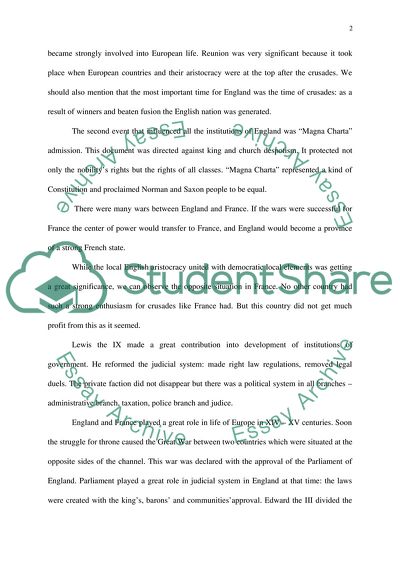Cite this document
(“Forms of Government in England and France Essay”, n.d.)
Forms of Government in England and France Essay. Retrieved from https://studentshare.org/history/1535240-forms-of-government-in-england-and-france
Forms of Government in England and France Essay. Retrieved from https://studentshare.org/history/1535240-forms-of-government-in-england-and-france
(Forms of Government in England and France Essay)
Forms of Government in England and France Essay. https://studentshare.org/history/1535240-forms-of-government-in-england-and-france.
Forms of Government in England and France Essay. https://studentshare.org/history/1535240-forms-of-government-in-england-and-france.
“Forms of Government in England and France Essay”, n.d. https://studentshare.org/history/1535240-forms-of-government-in-england-and-france.


